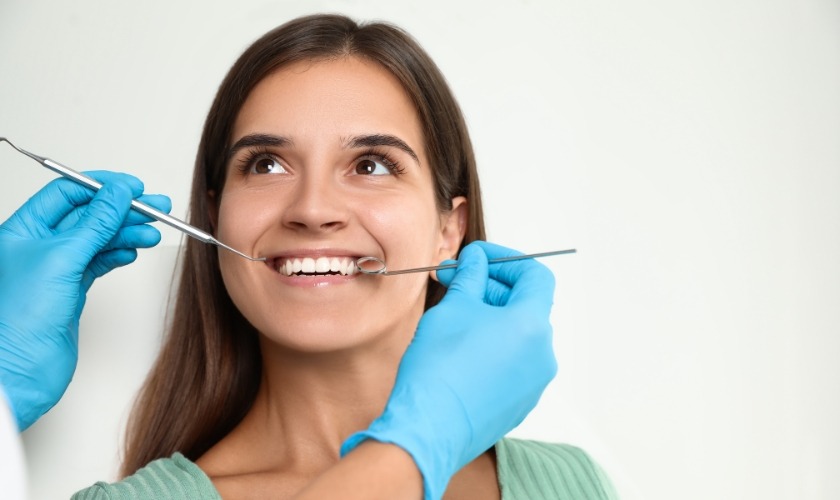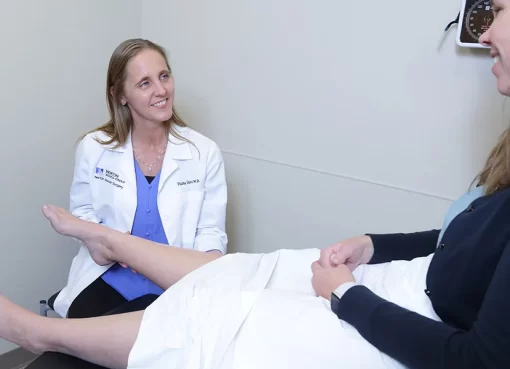Understanding the Link between Sleep Apnea and Cosmetic Dentistry
Sleep apnea, a common yet often undiagnosed sleep disorder, affects millions of individuals worldwide. Characterized by pauses in breathing during sleep, sleep apnea not only disrupts the quality of rest but also poses serious health risks if left untreated. Among its many consequences, sleep apnea can impact dental health and aesthetics, highlighting the crucial role of cosmetic dentistry in managing this condition effectively.
The Dental Implications of Sleep Apnea
Individuals with sleep apnea frequently experience symptoms such as teeth grinding (bruxism), dry mouth, and jaw misalignment. These issues can lead to dental complications, including enamel erosion, tooth sensitivity, and even tooth loss over time. Furthermore, the constant strain on the jaw muscles and temporomandibular joint (TMJ) can contribute to facial pain and headaches.
Cosmetic Dentistry as a Solution
Cosmetic dentistry offers a multifaceted approach to addressing both the functional and aesthetic aspects of dental problems associated with sleep apnea. By combining therapeutic and aesthetic techniques, dentists can not only alleviate the symptoms but also enhance the overall appearance of the smile.
Orthodontic Treatments for Jaw Alignment
Orthodontic interventions such as braces or clear aligners can correct misalignments of the jaw and teeth, improving both dental function and facial harmony. By realigning the bite and reducing pressure on the TMJ, these treatments alleviate discomfort and prevent further dental damage caused by sleep apnea-related bruxism.
Customized Night Guards
Custom-made night guards provide a protective barrier between the upper and lower teeth, preventing grinding and minimizing the risk of enamel wear. These oral appliances are tailored to each patient’s unique bite pattern, ensuring optimal comfort and effectiveness during sleep.
Dental Implants and Restorative Procedures
For individuals who have experienced tooth loss due to sleep apnea-related complications or other factors, dental implants offer a durable and natural-looking solution. By replacing missing teeth and restoring proper bite alignment, implants not only enhance oral function but also rejuvenate the smile’s aesthetics.
Improving Sleep Quality through Dental Interventions
In addition to addressing dental issues, cosmetic dentistry plays a crucial role in improving sleep quality for individuals with sleep apnea. By optimizing oral and facial structures, these interventions help alleviate airway obstructions and promote unobstructed breathing during sleep.
Oral Appliance Therapy
Oral appliances, such as mandibular advancement devices (MADs) or tongue retaining devices, are custom-fitted to reposition the jaw and tongue, thereby preventing airway collapse during sleep. Unlike traditional continuous positive airway pressure (CPAP) machines, these devices are compact, comfortable, and suitable for individuals with mild to moderate sleep apnea.
Palatal Procedures and Oral Surgery
In cases where anatomical abnormalities contribute to airway obstruction, oral surgery or palatal procedures may be recommended to widen the upper airway and improve airflow. By enhancing the structural integrity of the oral cavity, these surgical interventions complement cosmetic dental treatments and promote long-term respiratory health.
Conclusion
Sleep apnea and cosmetic dentistry are intricately linked, with dental health playing a significant role in both the diagnosis and management of this sleep disorder. By addressing dental issues such as bruxism, jaw misalignment, and tooth loss, cosmetic dentistry not only improves oral function and aesthetics but also enhances sleep quality and overall well-being. Through a comprehensive approach that integrates therapeutic and aesthetic interventions, dentists can effectively alleviate the symptoms of sleep apnea and empower patients to achieve healthier, more beautiful smiles for years to come.





